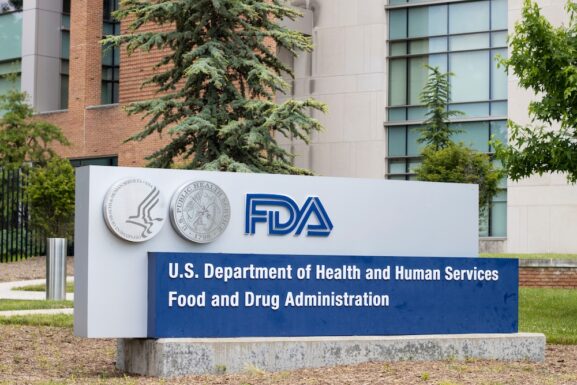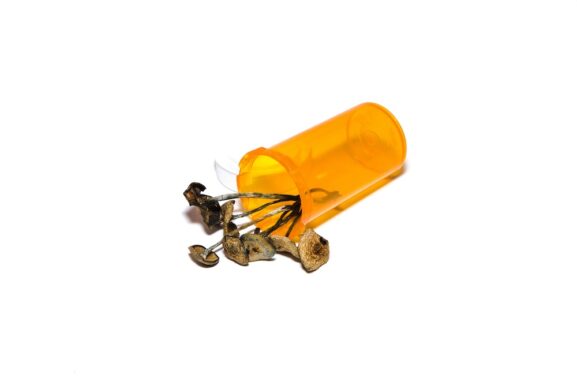Can Psychedelics Treat ‘Suicide Headaches’
Chronic pain is a pervasive issue in the United States, affecting millions and significantly impacting the quality of life for those who suffer from it. Traditional pain management techniques often fall short, leaving many in search of alternative solutions. Recently, psychedelics such as psilocybin and LSD have emerged as promising candidates for chronic pain relief. Emerging research and clinical trials suggest that these substances could offer transformative relief for chronic pain, necessitating a balanced approach that addresses immediate patient suffering while navigating the lengthy FDA approval process.
Read more on this story at Vox.
New: Interested in Being Part of a Psychedelics-Focused Clinical Trial? Sign Up Here
Can Psychedelics Treat Cluster Headaches? There are Some Patient Stories
Consider the story of Jane, a 45-year-old mother of two who has battled chronic back pain for over a decade. Despite trying various treatments, including physical therapy, medications, and even surgery, Jane continues to experience debilitating pain that affects her daily life. Her story is not unique. Many individuals share similar experiences, highlighting the inadequacies of existing treatments and the desperate need for more effective solutions.
Current Research and Clinical Trials
Key Studies and Findings
Recent studies have shown promising results for the use of psychedelics in chronic pain management. For example, a study on psilocybin demonstrated significant pain reduction in patients with fibromyalgia. Another study found that LSD could alleviate cluster headaches, offering relief where traditional treatments had failed.
Case Studies
In one case study, a patient with chronic migraines reported significant pain relief after undergoing psilocybin-assisted therapy. The patient experienced a dramatic reduction in the frequency and intensity of migraines, highlighting the potential of psychedelics as a viable treatment option.
Ready to explore a new horizon in mental health? Try out the beta version of HealingChat, HealingMaps AI chatbot that takes all our vetted content, clinics and retreats to answer all your questions in a safe environment. Try the beta version now!
The FDA Approval Process
Steps to Approval
The FDA approval process for new treatments involves several stages, including preclinical research, clinical trials, and regulatory review. Currently, psychedelics are in various stages of this process, with some substances like psilocybin and MDMA receiving “breakthrough therapy” designation, which expedites their development and review.
Challenges and Considerations
Despite the promising research, several challenges remain. Regulatory hurdles and ethical considerations must be addressed to ensure patient safety and scientific integrity. Balancing patient access with rigorous validation is crucial to prevent potential misuse and ensure the efficacy of these treatments.
Types of Psychedelics
Psilocybin
Psilocybin, the active compound in “magic mushrooms,” has shown potential in treating various conditions, including depression, anxiety, and chronic pain. Current research suggests that psilocybin can alter pain perception and improve quality of life for chronic pain sufferers.
LSD
LSD (lysergic acid diethylamide) is another psychedelic with a history of medical use. Early studies indicate that LSD may help alleviate chronic pain conditions like cluster headaches, which are notoriously difficult to treat.
Other Notable Psychedelics
Other psychedelics, such as MDMA and ketamine, are also being explored for their therapeutic potential. MDMA-assisted therapy has shown promise in treating PTSD, while ketamine is already used in clinical settings for depression and pain management.
Exciting news: Two states have legalized psilocybin therapy for the first time ever. Click here to get on the waiting list for Oregon psilocybin therapy. And click here to get on the waiting list for Colorado psilocybin therapy.
The Road Ahead
Future Research Directions
While current research is promising, there are still gaps that need to be addressed. Future studies should focus on understanding the long-term effects of psychedelics on chronic pain, optimal dosing strategies, and the potential risks associated with their use.
Advocacy and Policy Changes
Advocacy plays a crucial role in advancing psychedelic research and influencing policy changes. Increased public awareness and support can help drive legislative efforts to facilitate research and improve patient access to these potentially life-changing treatments.



